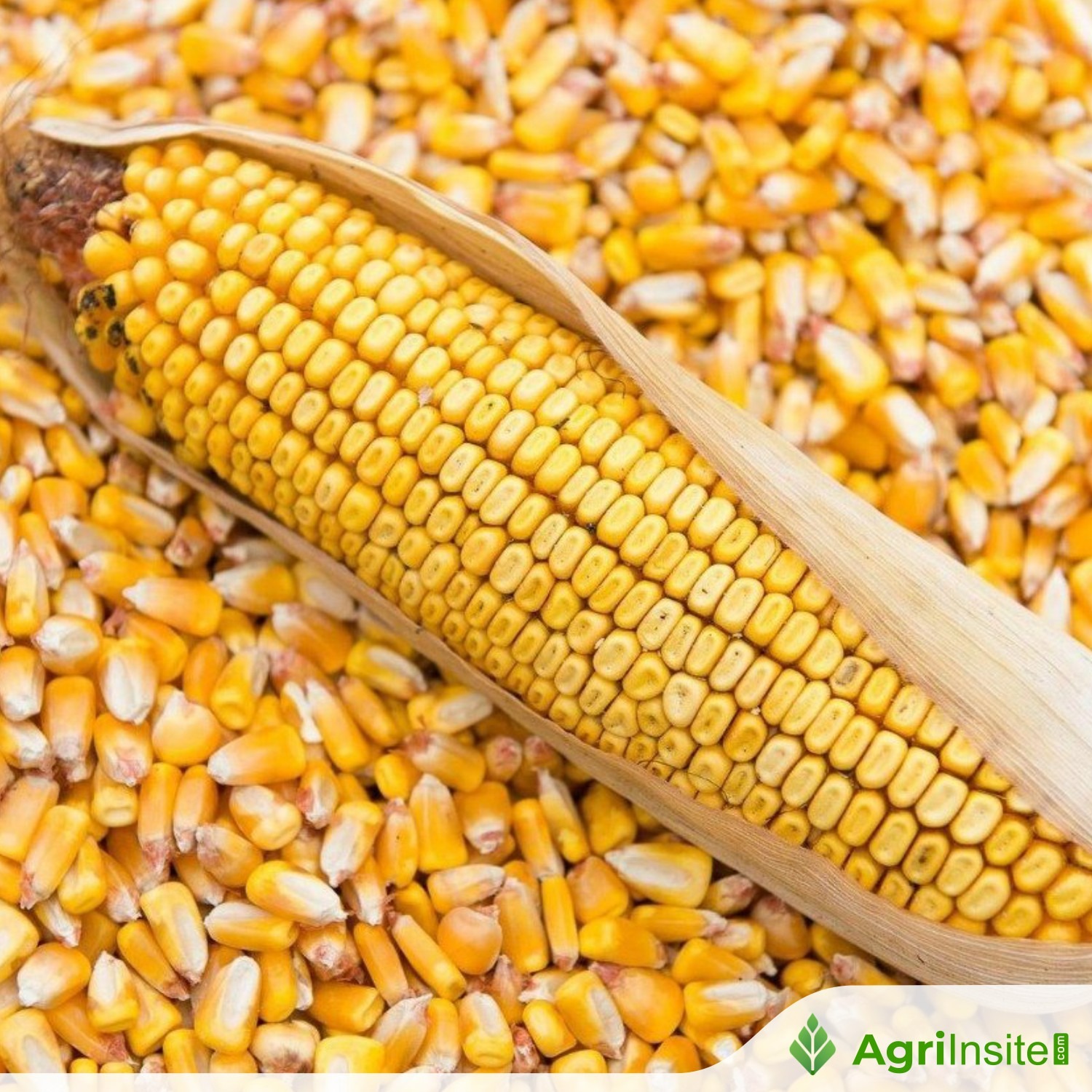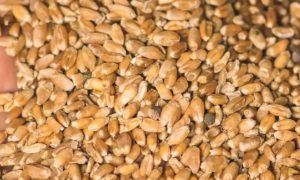Pakistan : MoU signed to facilitate maize breeding

Pakistan faces water scarcity, limiting agricultural growth, but maize offers a key opportunity, said Professor Yuan Guobao after a China-Pakistan MoU on maize breeding and industrialisation. With improved varieties, irrigation, and soil remediation, Pakistan could boost maize yields by 30–50%, tapping into its saline-alkali and underutilized farmland.
LAHORE:
It is no secret that the most pressing issue facing Pakistani agriculture is water scarcity. So, how could the country best adapt to local conditions as well as turn this bottleneck into an opportunity for development. Developing drought- and infertility-tolerant crops is imperative and maize, as a global staple, is the perfect choice, remarked Professor Yuan Guobao, Chairman of Hubei Technical Market Association.
He was speaking after the signing of a China-Pakistan memorandum of understanding (MoU) on cooperation in maize breeding and industrialisation development late last week.
According to official data, Pakistan’s average corn yield over five years from 2020-21 to 2025-26 was around 6.09 tons per hectare.
“For China, the average maize yield is currently about 8-10 tons per hectare. If high-quality varieties are planted in areas with good fertility and water resources, the yield can reach as high as 12-15 tons per hectare. Therefore, there is huge potential for increasing maize production in Pakistan,” Yuan told China Economic Net.
Yuan, who has visited Pakistan more than 30 times and has a deep understanding of the local climate, soil and hydrological conditions, pointed out that China, as a country with a large population and livestock industry, still needs to import 20-30 million tons of maize each year. Pakistan, with huge agricultural potential, can achieve a 30-50% increase in maize production by combining good varieties and good methods.
“To have a good harvest, you first need good land. Recent local research has revealed a large land area covered with saline-alkali along the Indian Ocean coast. According to Pakistani data, the area is approximately 10 million hectares,” he said.
“Besides, some areas have secondary saline-alkali land due to improper fertilisation. Therefore, we need to first remediate saline-alkali land according to requirements. China has extensive experience and can provide comprehensive remediation using a combination of engineering and biological measures.”
To Read more about Maize News continue reading Agriinsite.com
Source : The Express Tribune














